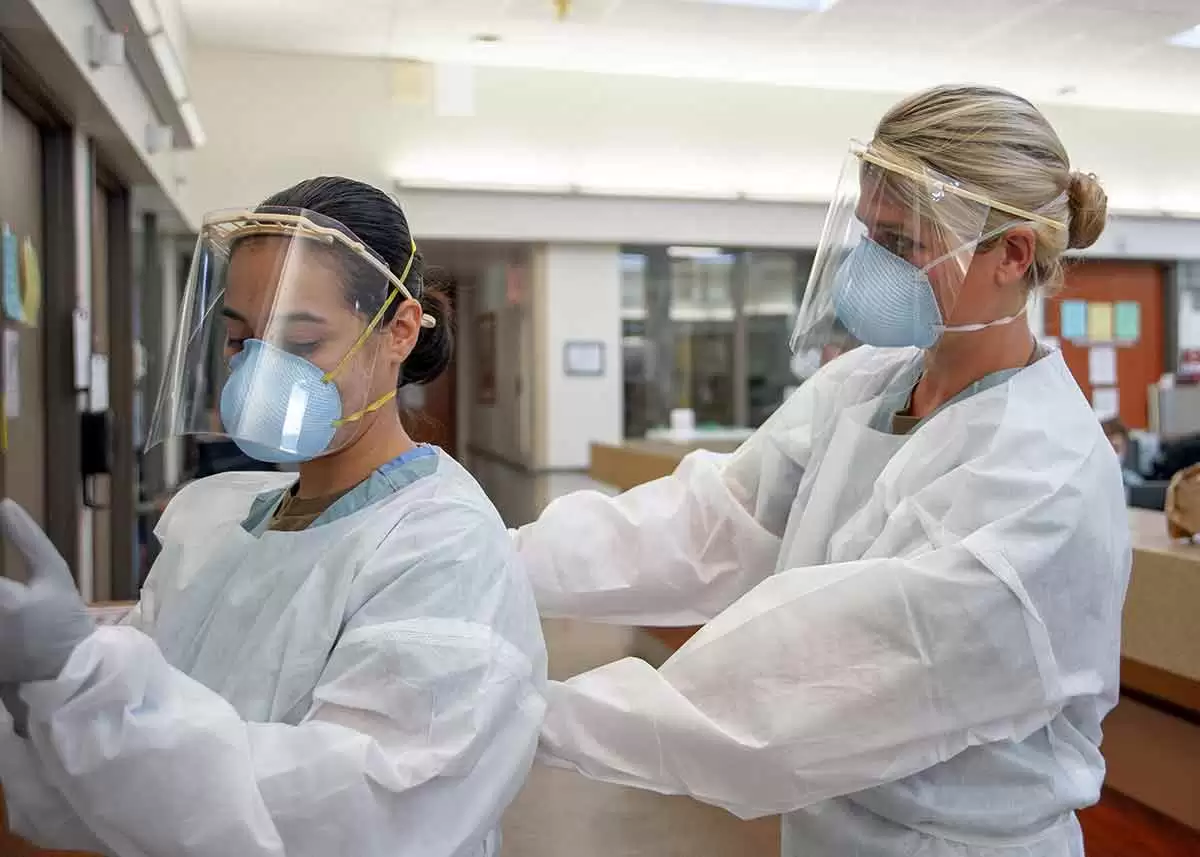
Celiac.com 06/28/2021 - There is a growing body of data to suggest the intestinal action of SARS-CoV-2, with ciliated cells and intestinal enterocytes serving as target cells, due to high expression of ACE2 and TMPRSS2, could possibly trigger celiac disease in predisposed individuals.
Indeed, COVID-19 promotes a “cytokine storm” in the intestinal mucosa, triggering epithelial damage that increases barrier permeability, permitting gliadin to "leak" into the intestinal lamina. However, the possible impact of the SARS-CoV-2 infection, and the resulting disease, on celiac disease rates remains unknown, with no data currently available on the development of systemic disorder, or on long-term outcomes.
Celiac.com Sponsor (A12):
A team of researchers recently set out to highlight the potential risk of a rise in celiac disease rates among genetically predisposed subjects following SARS-CoV-2 infection, based on several factors which could promote the development of celiac disease.
The research team included Chiara Maria Trovato, Monica Montuori, Nicoletta Pietropaoli, and Salvatore Oliva. They are variously affiliated with the Pediatric Gastroenterology and Liver Unit, Maternal and Child Health Department, Sapienza University of Rome, Rome, Italy; and the Hepatology Gastroenterology and Nutrition Unit, "Bambino Gesù" Children Hospital, Rome, Italy.
The team used current medical literature to help them hypothesize the role of COVID-19 as a possible trigger for celiac disease development in predisposed individuals. They suggest that genetically predisposed people could be more likely to develop celiac disease following SARS-CoV-2 infection, making COVID-19 a potential driver of increased celiac disease cases in the future.
An unexpected rise in celiac cases among genetically predisposed individuals in the wake of the COVID-19 pandemic would support the team's hypothesis. Time will tell if they are right. Stay tuned for more stories regarding COVID-19, celiac disease, and related topics.
Read more in the International Journal of Clinical Practice









Recommended Comments
Create an account or sign in to comment
You need to be a member in order to leave a comment
Create an account
Sign up for a new account in our community. It's easy!
Register a new accountSign in
Already have an account? Sign in here.
Sign In Now